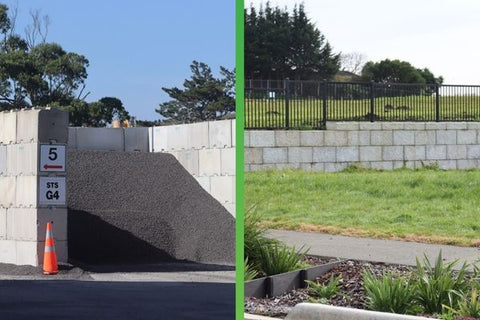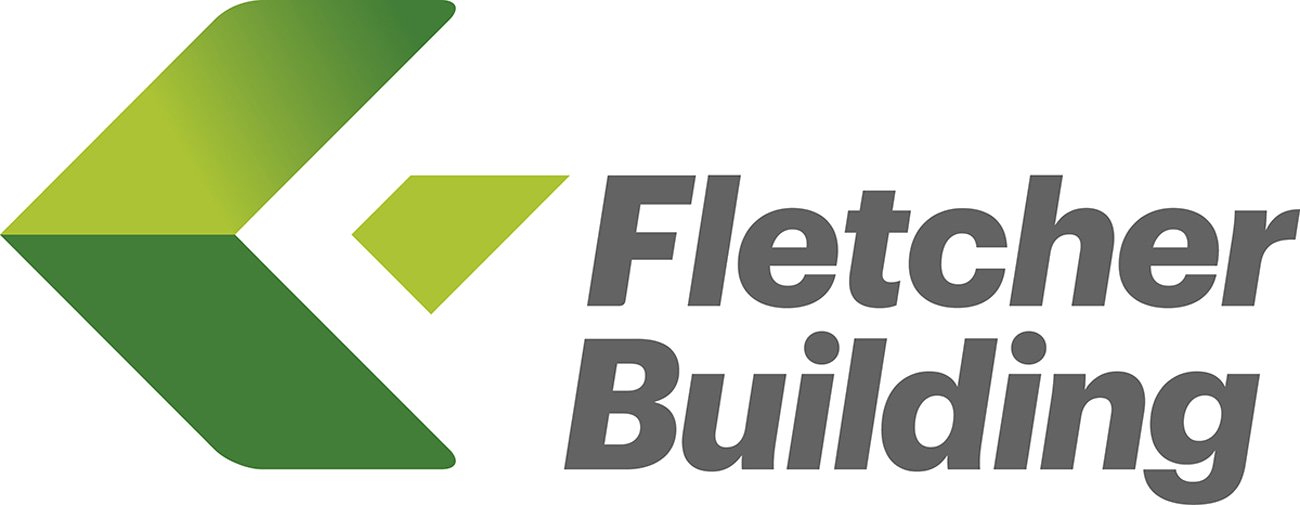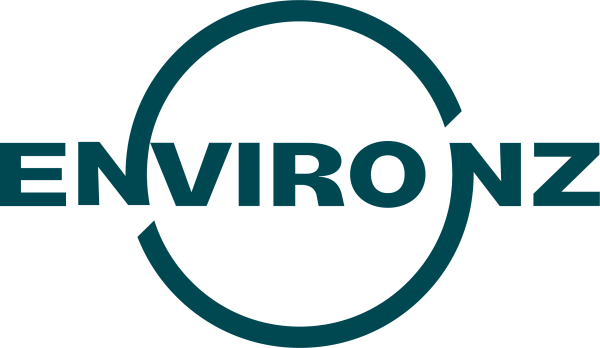The Waste Minimisation Act 2008 is a key piece of legislation that aims to push New Zealand towards a circular economy future. Envirocon’s CarbonSmart®, Low Carbon, Zero Waste concrete sustainability system delivers on the key aims of the Act.
What’s the Problem?
Our world is built on concrete, and in New Zealand we produce over 10 millions tonnes per year. About 300,000 tonnes - or seven sky towers worth - of this high quality, certified, concrete will end up as waste, simply because it can not be used before it dries.

But waste in the construction sector isn’t just limited to concrete. Bad design of traditional building materials creates waste during the build process and at the end of life of the structure through destructive dismantling.
This results in the construction industry being one of New Zealand’s largest waste producers 3.5 million tonnes of construction and demolition waste is generated every year, equating to half of the landfills nationwide (MFE).
Minimising this waste is why the Waste Minimisation Act exists.
What is the Waste Minimisation Act?
The Waste Minimisation Act 2008 encourages a reduction in the amount of waste by putting a cost on waste and encouraging product stewardship. Product stewardship is the concept of manufacturers/importers of products taking responsibility for them at the end of the products usable life.
Key Sections of the Act Include:
- Impose a levy on all waste disposed of in landfills to generate funding to help local government, communities, and businesses minimise waste. This is a cost which will increase year on year to incentivise alternatives to landfill.
- Establish government accreditation of product stewardship schemes that recognize businesses managing the environmental impacts of their products.
- Require product stewardship schemes to be developed for certain ‘priority products’ where there is a high risk of environmental harm or significant benefits from recovery.
- Allow regulations to control the disposal of products, materials or waste, require take-back services, deposit fees or labelling of products.
- Allow for regulations to be made that make it mandatory for certain groups (eg, landfill facility operators) to report on waste.
Envirocon Sets the Standard
Envirocon’s CarbonSmart® concrete sustainability system demonstrates how the aims of the Act can be achieved via industry led initiatives.
It begins with the 300,000 tonnes of excess concrete produced in NZ each year. This concrete is no longer required for the original project, but still high quality certified concrete. It isn’t until the concrete dries that it becomes a waste product which needs to be ‘recycled’.

Processing this concrete is challenging. Concrete is highly perishable with a small window of just hours between batching and curing. Supply is unpredictable on an hour by hour, day by day basis. Any product manufactured from the concrete has to be mass produced with mass market applications - the complete opposite of traditional precast concrete. Capacity needs to be flexible, and located close to batching plants to minimise truck movements.
Meeting these challenges is Envirocon’s core competency - we’ve been doing it for over 18 years.
From this process comes Interbloc and Stonebloc. High quality, low carbon, engineered precast concrete construction systems.

At the core of the systems are proprietary block designs. The block designs look simple enough, but when you dive deeper they deliver a powerful combination of benefits.
They start life with ultra low embodied carbon, and continue to reabsorb carbon over their life.
They reduce time, labour, and materials waste during installation.
They deliver unparalleled durability, increasing the life of the structure.
They can be non-destructively dismantled and reused at the end of life.
This approach means Envirocon’s CarbonSmart® eliminates waste altogether.
Interested to know more about it? Get in touch today.









